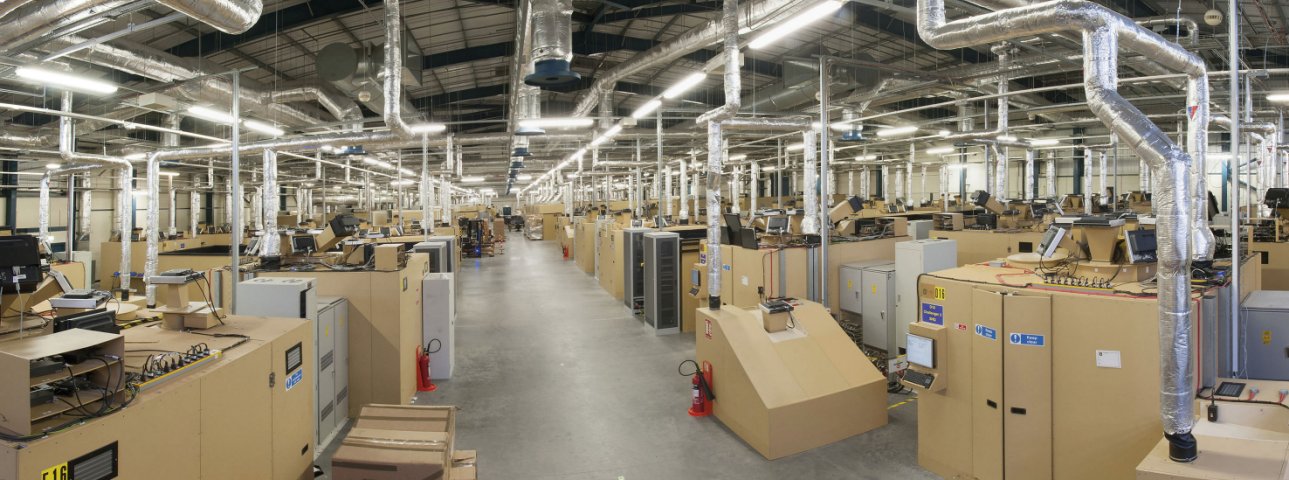
The UK Ministry of Defence (MoD) has since mid-March announced its intention to award several contract extensions, subject to final agreement, for British Army simulation systems, including in Germany, with a potential total value of GBP206 million (nearly USD270 million).

Lockheed Martin UK is one of the companies that has received a contract extension for British Army simulation systems, to support the Combined Arms Tactical Trainer (CATT). (Lockheed Martin UK)
Lockheed Martin UK, the incumbent prime contractor, has been awarded a three-year contract with four optional yearly extensions worth a total of GBP48.8 million for the continued support of the Combined Arms Tactical Trainer (CATT). This is a battlegroup-level networked virtual simulation centre consisting of about 150 networked simulators. There are two CATTs, one at Warminster in the UK and the other at Sennelager in Germany, which support battlegroup collective training. The system’s virtual environment software was recently upgraded to align it with the need to train against a peer or near-peer adversary.
Raytheon Systems Ltd has been awarded a similar contract worth GBP21.4 million to continue to support the Command and Staff Trainer (CAST). The CAST facilities at Warminster and Catterick, UK, and at Sennelager provide a constructive simulation training capability for commanders and staff from company to brigade level. Its Advanced Battlefield Computer Simulation (ABACUS) core software was recently upgraded to provide a more complex operational environment.
In addition to permanent facilities, CAST has both distributed and deployable capabilities. The distributed capabilities enable all three permanent sites as well as other headquarters to be connected, providing the right communications links are available. The deployable capabilities have been used to support training for the UK-based headquarters of the Allied Rapid Reaction Corps (ARRC) and the UK’s Joint Force Headquarters and is to be further developed.
Looking to read the full article?
Gain unlimited access to Janes news and more...






